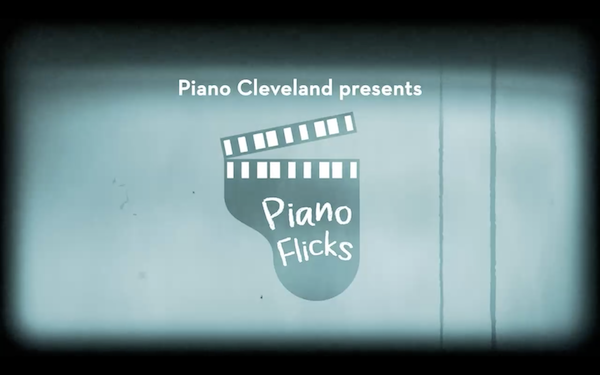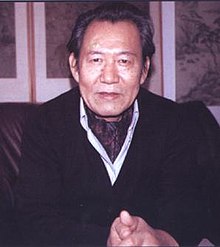by Jarrett Hoffman
HAPPENING TODAY:
Free this afternoon? Save a spot in your schedule for either the Trinity Cathedral Brownbag Concert at noon featuring big band Gabriel’s Horns (it will also be streamed), or organist Florence Mustric in a program titled “More from those fabulous French” at 12:15 at Trinity Lutheran Church.
And while you may have already gotten your voting on yesterday for Election Day, there’s another important matter for you to weigh in on: it’s the final day to check out Piano Cleveland’s video contest PianoFlicks, and there’s an Audience Prize at stake. Click here to watch the program and cast your vote, and here to read a preview article.
INTERESTING READ:
Giovanni Russonello’s most recent article in The New York Times is about one jazz icon (Esperanza Spalding) helping another (Wayne Shorter) realize a “long-simmering dream to produce a full opera,” but it’s more than that. It’s also a story about going against the grain of operatic tropes, collaborating with a former mentor, fulfilling an ambition in old age, and how artistic invigoration can counter declining health. Read here.
TODAY’S ALMANAC:
There are reasons both musical and geopolitical to reflect on Korean-born German composer Isang Yun, who died on this date in 1995.
First, he was widely admired for his inventive melding of East and West in music. One of the early pieces to bring him international renown was Réak (1966) for orchestra, which incorporates elements of Korean ceremonial music and imitations of Korean, Chinese, and Japanese traditional instruments into the avant-garde style that he had developed during his time studying at Darmstadt. Listen to a recording here by the Berlin Deutsches Symphony Orchestra led by Stefan Asbury.
For our purposes, his 1976 Cello Concerto provides a transition into the political side of his life: it recalls his two years of imprisonment after he and his wife were kidnapped from their home in West Berlin by South Korean agents. He was given a life sentence for treason, having visited North Korea, while his wife was given three years in prison for her involvement. International pressure, as well as a petition from musicians including Luigi Dallapiccola, Herbert von Karajan, György Ligeti, Karlheinz Stockhausen, and Igor Stravinsky, eventually led to their release.
As for the concerto, it is riveting — intensely virtuosic and emotionally painful. The cadenza starting around 8:08, lighter in mood and full of pizzicati and expressive glissandi, is also quite something. Listen to a live recording here from 1986 by cellist Heinrich Schiff and the Rundfunk-Sinfonieorchester Saarbrücken under the direction of Dennis Russell Davies.
That was not the only imprisonment Yun experienced in his lifetime. An activist from an early age, he was arrested in 1943 for his activities as part of an underground group opposed to the Japanese occupation of Korea. Later, he became a strong advocate for the reunification of the Korean Peninsula.
That all just scratches the surface of Yun’s fascinating life and career. Read more about him in Allan Kozin’s 1995 obituary for The New York Times, and in his highly detailed Wikipedia entry.





